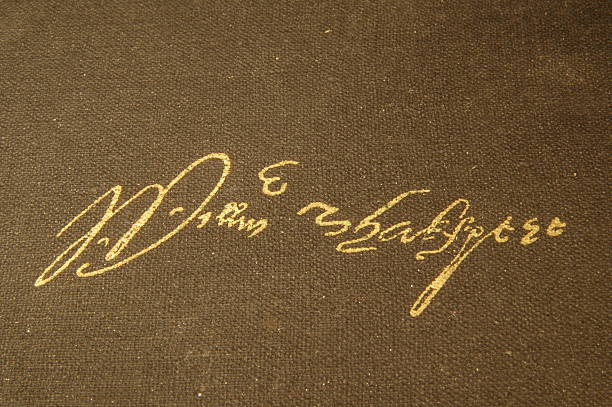In a world that often rewards loudness and visibility, the art of quiet praise stands as a testament to understated elegance and emotional intelligence. It is not the absence of appreciation, but rather the presence of respect, restraint, and sincerity in expressing it.
What is Quiet Praise?
Quiet praise is the subtle, often unspoken acknowledgment of someone’s efforts or character. It doesn’t seek the spotlight but instead chooses to honor the recipient in a manner that aligns with dignity and humility.
The Art of Subtle Appreciation
Unlike overt flattery or public commendation, quiet praise is gentle and intentional. It may come in the form of a simple nod, a handwritten note, or a private word of thanks. This form of recognition respects the recipient’s space and values sincerity over spectacle.
A Legacy of Respect and Restraint
Philosophers like Aristotle and Confucius emphasized virtues such as humility and respect, which form the foundation of quiet praise. These timeless principles continue to influence modern etiquette and leadership practices.
Why Quiet Praise Matters
In both personal and professional settings, the way we express appreciation can deeply impact relationships and morale.
Cultural and Psychological Perspectives
Across cultures, the expression of praise varies widely. In some societies, public commendation is seen as a sign of encouragement, while in others, it may be perceived as intrusive or embarrassing. Quiet praise, therefore, is culturally sensitive and psychologically considerate.
Building Trust Without Fanfare
When praise is offered without the need for recognition, it fosters genuine trust. It shows that the praiser is more interested in the well-being of the recipient than in being seen as generous or kind.
How to Practice Quiet Praise
Learning to praise quietly is a skill that requires emotional maturity and social awareness.
Examples in Personal and Professional Life
- At Work: A private email saying, “I noticed the extra effort you put into the report — thank you.”
- In Relationships: Saying, “I really appreciate how you handled that situation,” rather than making a grand gesture.
- In Parenting: Offering calm acknowledgment like, “I saw how you helped your sibling — that was thoughtful.”
Practical Tips for Everyday Use
- Be Specific: Mention the exact action or behavior you’re appreciating.
- Keep It Private: Choose a setting where the recipient feels comfortable.
- Be Sincere: Avoid exaggeration or flattery; let your words reflect genuine feelings.
- Use Non-Verbal Cues: A smile, eye contact, or a gentle touch on the shoulder can amplify your message.
- Write It Down: A short note or message can have a lasting impact.
Quiet Praise vs. Loud Compliments
While both forms of praise aim to uplift, they differ in tone, impact, and intention.
Understanding the Difference
Loud compliments are often public, enthusiastic, and attention-seeking. Quiet praise, on the other hand, is modest, personal, and focused solely on the recipient.
When Each Style Works Best
- Quiet Praise is ideal in professional settings, with introverted individuals, or in moments that call for humility.
- Loud Compliments are effective in boosting team morale or celebrating major achievements publicly.
Frequently Asked Questions
Q: What is quiet praise?
A: Quiet praise is a form of appreciation that is expressed subtly and respectfully, often without drawing attention to the act of praising.
Q: Why is quiet praise important?
A: It fosters genuine respect, avoids embarrassment, and builds deeper trust in personal and professional relationships.
Q: How can I give quiet praise at work?
A: You can acknowledge someone’s effort through a private message, a handwritten note, or a simple nod of appreciation.
Q: Is quiet praise more effective than loud praise?
A: It depends on the context and the recipient. Quiet praise is often more sincere and impactful in the long term.
Q: Can quiet praise be non-verbal?
A: Yes, non-verbal cues like a smile, a nod, or a gesture can be powerful forms of quiet praise.
Final Thought:
In a world that often equates visibility with value, quiet praise reminds us that true respect and appreciation need no fanfare. It is a reflection of character — a gentleman’s way of honoring others not for recognition, but because it is the right and kind thing to do. By mastering the art of quiet praise, we not only elevate those around us but also cultivate a culture of humility, sincerity, and emotional depth in every word we speak.





